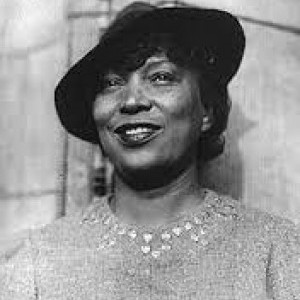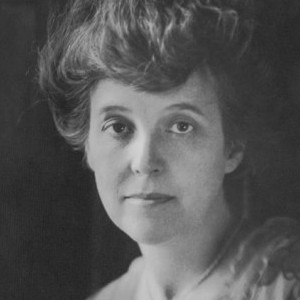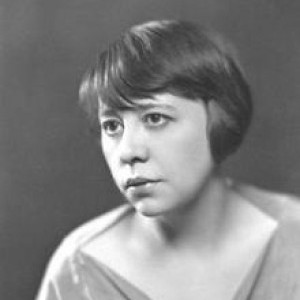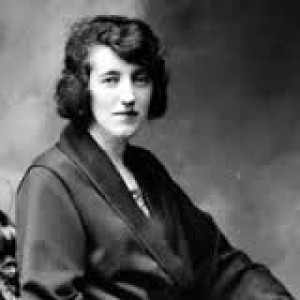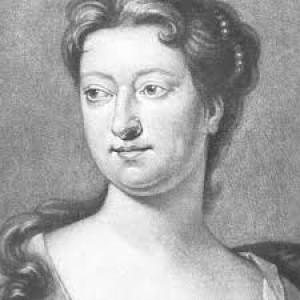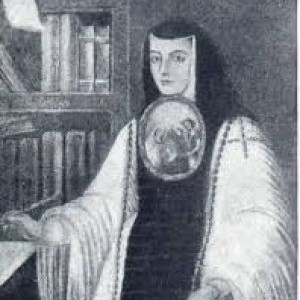Lillian Hellman
Biography
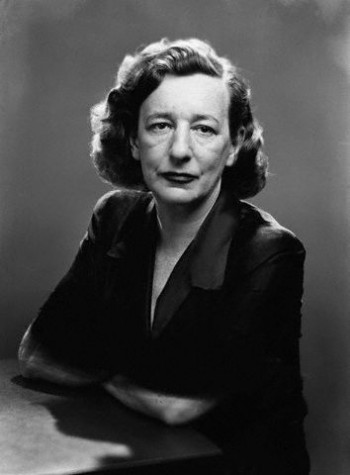
Lillian Hellman (1905-1984) ranks among the most famous and controversial of American playwrights. She never shied away from provocative, social justice-based themes. Her first play, The Children’s Hour (1934), about two owners of a girls’ school accused of having a lesbian affair, was considered so shocking that some members of the Pulitzer Prize committee refused to see it, costing it a nomination. Toys in the Attic (1960) featured two eccentric Southern sisters whose potential was never valued by their family because they were women—a neglect complicated by the fact that one sister felt sexually attracted to her brother. Hellman always stood firm for her beliefs in justice. In 1952, she was blacklisted by the House of Representatives’ infamous Un-American Activities Committee, but she refused to implicate any of her colleagues. She wrote to the committee, “I cannot and will not cut my conscience to fit this year’s fashion.”
Lillian was born on June 20, 1905 in New Orleans. Each year until she was six, her family spent half the year in New Orleans and half in New York City. Growing up in two distinct cultures would prove to be an advantage, introducing her to compelling stories and characters she would fictionalize for her work.
Her path to becoming a writer was an unconventional as her upbringing. In 1924, Lillian quit college become a script reader, first for a New York City publisher, then for Anne Nichols (author of Abie’s Irish Rose), then for MGM. Along the way, she taught herself dramatic structure, plot and content. This hard-won knowledge informed The Children’s Hour, which ran for several hundred performances on Broadway and earned her instant recognition as a playwright.
Though branded a rebel early in her career, by the end of her life, Lillian had achieved mainstream recognition. She was elected Vice-President of the National Institute of Arts and Letters and won a National Book Award for her memoirs. When she died in 1984, her obituary was on the front page of the New York Times.



